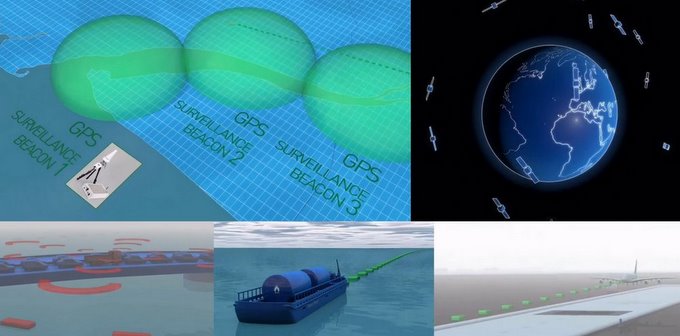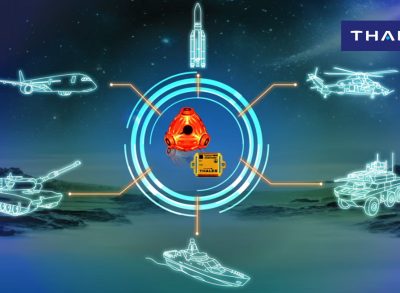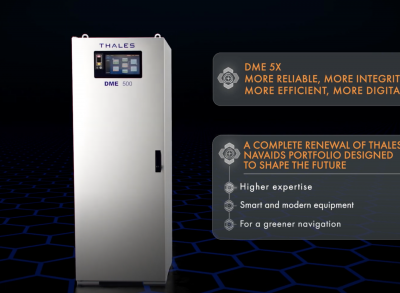Introducing HONTZA, the future GPS jammer detection solution
In south-western France, the satellite applications cluster TOPOS is leading the development of HONTZA, an innovative GPS jammer detection system, in conjunction with industry players Thales, Aguila Technologie, Maxsea and Helileo, and with the support of Aquitaine Regional Council.

HONTZA aims to counteract voluntary and involuntary interferences of GPS signals and data used for maritime, river, road and air navigation. The system will be deployed along the Gironde estuary in cooperation with the port authorities of the city of Bordeaux, ahead of life-size trials beginning in the first quarter of 2014.
The system is a response to the rise of GPS jammers. As the jammers interfere with the GPS signal, they can have an effect on neighbouring systems, which in turn can have serious implications for other vehicles which are reliant on GPS data.
The narrow shipping lanes along the Gironde estuary north of Bordeaux require particularly precise location and navigation data, particularly when the weather or visibility conditions are poor. The upcoming trials will combine GPS systems, jammers and a hydrographic launch.
Video introduction to the HONTZA concept:
Detection beacons designed by Aguila Technologie will monitor the estuary with real-time data being sent to a computing centre at the Thales facility in Valence, south-eastern France. The resulting information is then transmitted to the port authorities in Bordeaux where, on the basis of processing by a Maxsea product, the decision can immediately be taken to liaise with boats, instructing them as to what action to take if the GPS signal has been jammed.
If the trials prove conclusive, the project could result in products for a wide range of markets, spanning from transport to synchronised critical data transfers in the field of financial transactions. Potential avenues are currently being explored by teams from Bordeaux business school, who are working on the communications and business model aspects of the HONTZA project.




